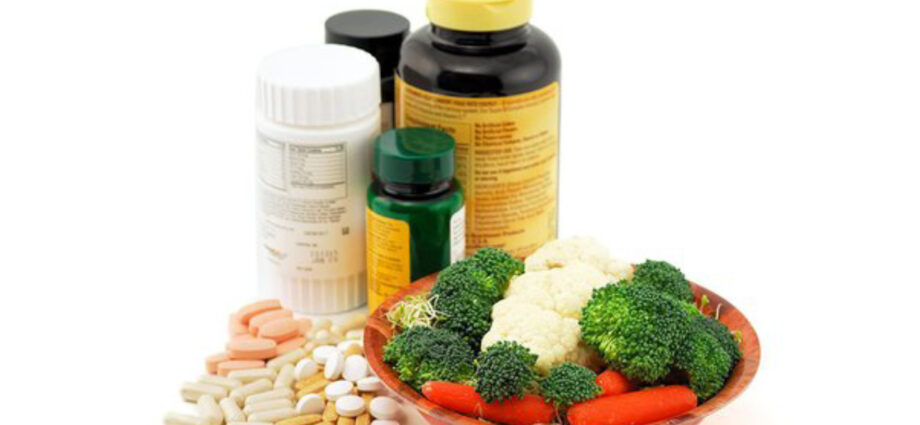Many people wonder if taking supplements can replace the need for a healthy diet. While supplements can provide essential nutrients that are missing in your diet, they cannot completely replace a healthy diet. A healthy diet should be the foundation of your overall health and well-being.
What is a Healthy Diet?
A healthy diet should consist of a variety of foods that provide essential nutrients, including carbohydrates, protein, healthy fats, vitamins, and minerals. Eating a variety of foods ensures that you get all the nutrients your body needs to function properly. A healthy diet should also be balanced and moderate, meaning that you should eat foods in the right amounts to maintain a healthy weight and avoid chronic diseases.
Why Can’t Supplements Replace a Healthy Diet?
Supplements are designed to provide essential nutrients that are missing in your diet, but they cannot replace the nutrients found in whole foods. Whole foods contain a variety of nutrients, including vitamins, minerals, and antioxidants, that work together to support your overall health. Supplements, on the other hand, usually provide only one or two nutrients and may not be as effective as whole foods in preventing chronic diseases.
In addition, supplements cannot provide the fiber that is found in whole foods. Fiber is essential for maintaining a healthy digestive system and can also help you feel full, which can prevent overeating. Whole foods also contain other beneficial compounds, such as phytochemicals and flavonoids, which may have health benefits that are not found in supplements.
When Should You Take Supplements?
While supplements cannot replace a healthy diet, they can be useful in certain situations. For example, if you have a nutrient deficiency or cannot consume certain foods due to allergies or intolerances, supplements can provide essential nutrients that you may be missing. Pregnant women, for example, may need to take supplements to ensure they get enough folic acid, which is essential for fetal development.
In addition, athletes and people who exercise regularly may benefit from taking supplements, such as protein powder, to help support muscle growth and recovery. However, it’s important to note that supplements should not be used as a substitute for a healthy diet.
Conclusion
In conclusion, supplements cannot completely replace a healthy diet. A healthy diet should consist of a variety of whole foods that provide essential nutrients, including vitamins, minerals, and antioxidants. While supplements can be useful in certain situations, they should not be used as a substitute for a healthy diet. By eating a variety of whole foods, you can ensure that you get all the nutrients your body needs to function properly and maintain optimal health.











